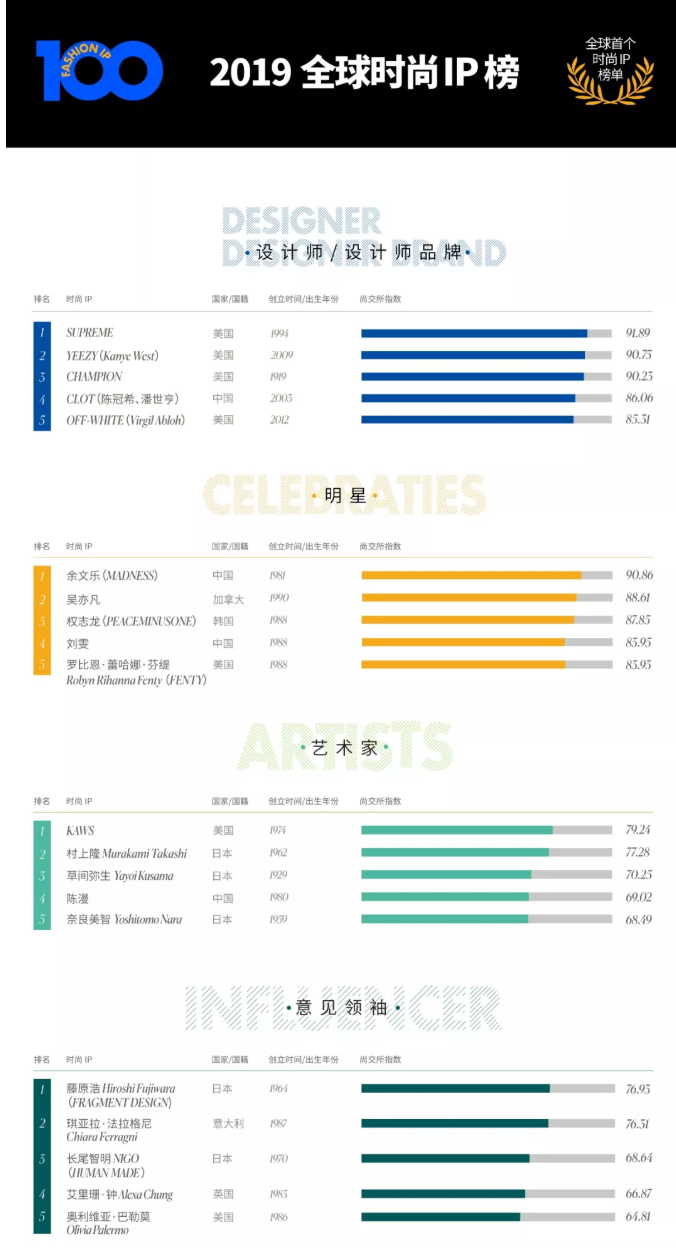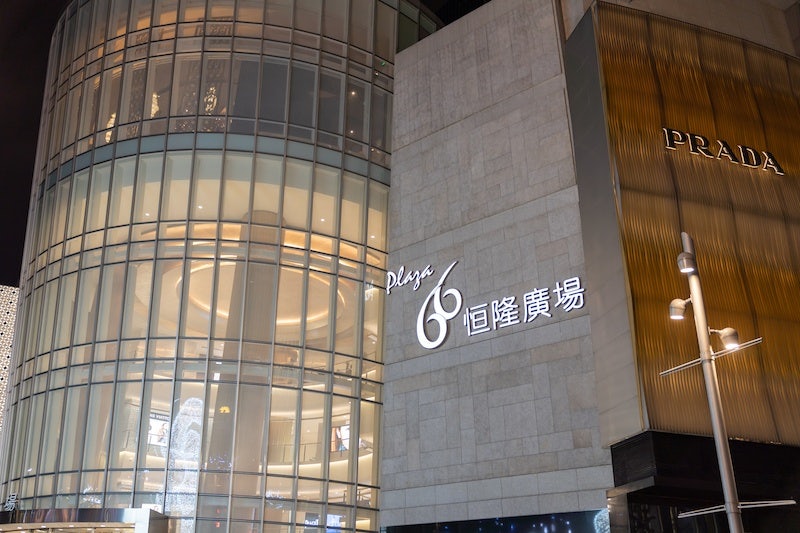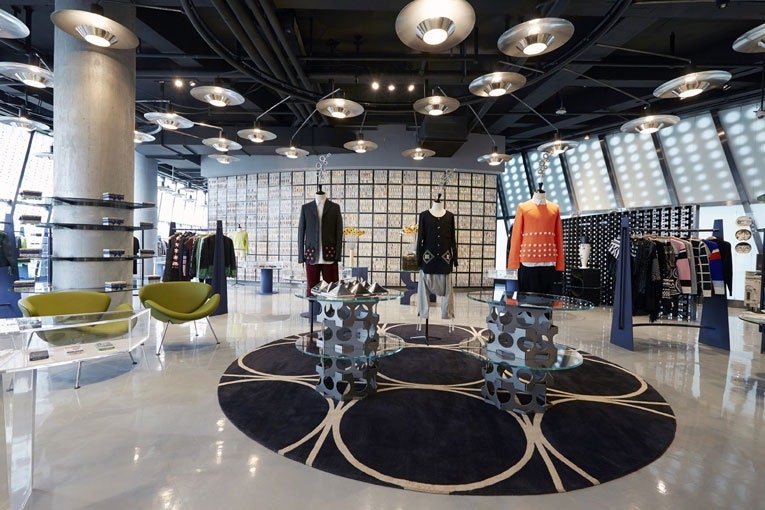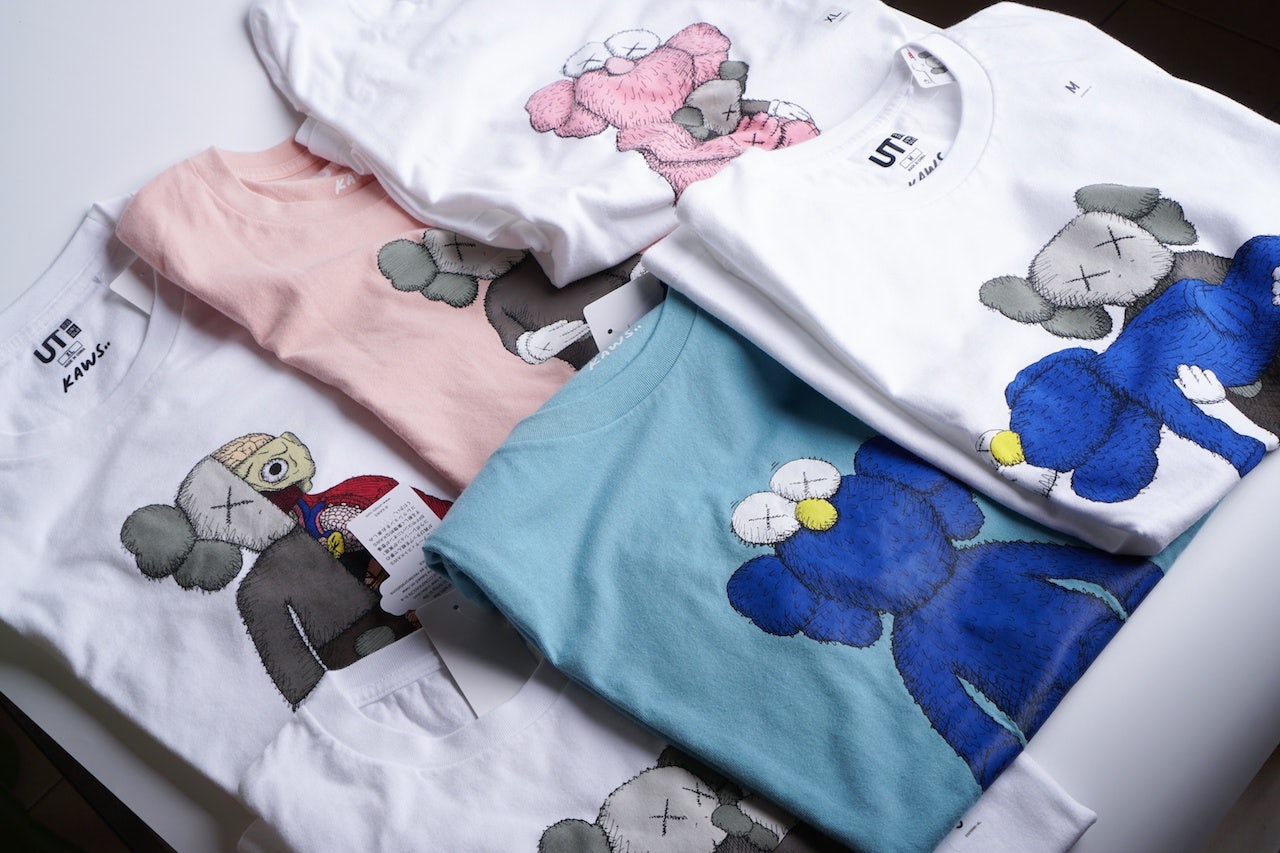In “Chinese Whispers,” we share the biggest news stories about the luxury industry in China that have yet to make it into the English language. In this week’s edition, we discuss:
- What's the most commercial value IPs in China? Supreme, Kaws, and Shawn Yue
- Domestic luxury sales are expected to grow fourfold, says Chairman of Hang Lung Properties
- Suffering from low sales per square foot, is the buyer store boom in China coming to an end?
Top Fashion IPs in China? Supreme, Kaws and Shawn Yue - Business of Fashion China#
Despite President Trump’s repetitive accusation of China “intellectual property theft,” IP is a hot business in China because it embeds opportunity beyond selling products but multiple monetization streams including but not limited in licensing, partnership, etc.
The Fashion IP 100, co-released by a Chinese fashion company, and partner of CFDA, Suntchi and Alibaba’s big data platform CBNData, has measured top IPs based on influence among Chinese consumers, social media buzz, and search volume. The list covered the most commercial valued IP in designer brands, celebrities, artists, and influencers.

Surprisingly, Shawn Yue becomes the topmost valued celebrity IP in China, followed by singer Chris Wu (Louis Vuitton China ambassador) and Korean Idol Kwon Ji Yong. Shawn Yue is a Chinese actor, singer, and founder of his own streetwear brand Madness.

Domestic luxury sales are expected to grow fourfold, says Chairman of Hang Lung Properties – LadyMax#
The chairman of the luxury landmark Hang Long Properties, Ronnie Chan reinforced the strong sales of luxury goods in China despite the current uncertainness.
The interim report issued last Thursday referenced that 25% of all high-end fashion products purchased by Chinese consumers are traded domestically. This number is expected to grow to about 50% in the next six years, and the total sales volume will double in the same period. Chan also quoted a high-end fashion brand executive in Europe, and the actual growth may be higher than expected. And in order to stimulate domestic consumption growth, China's mainland has begun to cut tariffs on some luxury goods in the past two years, which has caused China's high-end consumers to gradually return. "Our revenue growth and recent performance of luxury brands can confirm this,” he added.
In this over 10,000 words of comments to its stakeholders, the Hong Kong real estate tycoon commented not only on the retailers’ future in Hong Kong but also on the trade war, the current US-China social-political state – the letter has gone viral on WeChat.

Suffering from low sales per square foot, is the buyer store boom coming to an end in China? - Beijing Business#
Driven by consumer demand in individuality and uniqueness, buyer stores in China undergone a series of boom, by positioning itself (price and style-wise) in between high-end luxury brands and fast fashion brands. In the past five years, the amount of buyer store has increased from 70 to more than 500, spreading from first-tier cities to second and third-tier cities. Retailer malls like Galerie Lafayette Beijing, SKP has its own buyer store floor. On the other hand, the defined sales of Hong Kong buyer store Joyce Boutique, and the shutdown of Italian buyer store 10 Corso Como Shanghai questions the future of buyer store model in China. Experts point out buyer store business model has challenged by e-commerce and should emphasize on exclusivity instead of high-priced goods.
